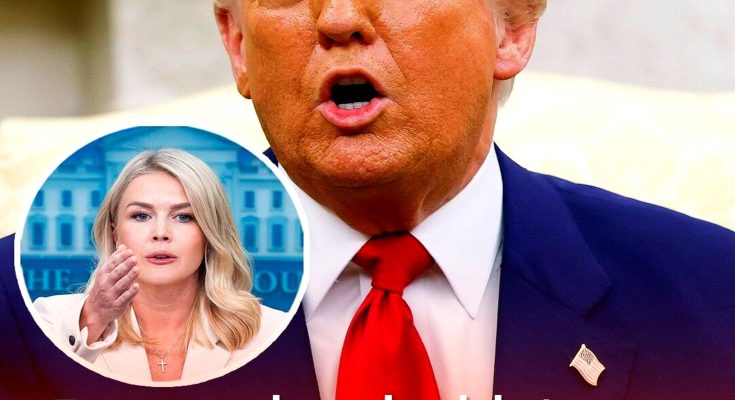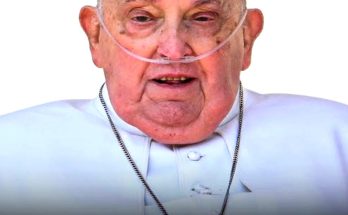President Donald Trump has reignited national debate by proposing the deportation of U.S. citizens convicted of violent crimes to El Salvador’s notorious Terrorism Confinement Center (CECOT). White House Press Secretary Karoline Leavitt confirmed that the administration is exploring this option as a cost-effective measure to handle “heinous, violent criminals.” Vanity Fair
CECOT, located in Tecoluca, El Salvador, is infamous for its harsh conditions, housing thousands of inmates, including high-ranking gang members. Prisoners face stringent restrictions, such as limited exercise time, lack of visitation rights, and minimal contact with the outside world. Wikipedia
This proposal has sparked controversy, with critics arguing that deporting U.S. citizens to foreign prisons raises significant legal and ethical concerns. The Alien Enemies Act of 1798, invoked by the administration to justify such deportations, was historically applied during wartime and has faced legal challenges in its current application.
Recent legal developments have further complicated the administration’s deportation efforts. On April 9, 2025, federal judges in Texas and New York issued temporary restraining orders halting deportations under the Alien Enemies Act. These rulings emphasize the necessity of providing due process to individuals facing deportation, challenging the administration’s expedited approach.
In response, Homeland Security Secretary Kristi Noem defended the administration’s actions, stating that the individuals deported were properly vetted and posed significant threats to public safety. She emphasized that the administration’s priority is to protect American citizens from individuals involved in violent criminal activities. WSJ
The debate over deporting U.S. citizens to foreign prisons continues to evolve, intertwining complex issues of national security, legal authority, and human rights. As legal challenges proceed and public discourse intensifies, the administration’s policies remain under close scrutiny.


